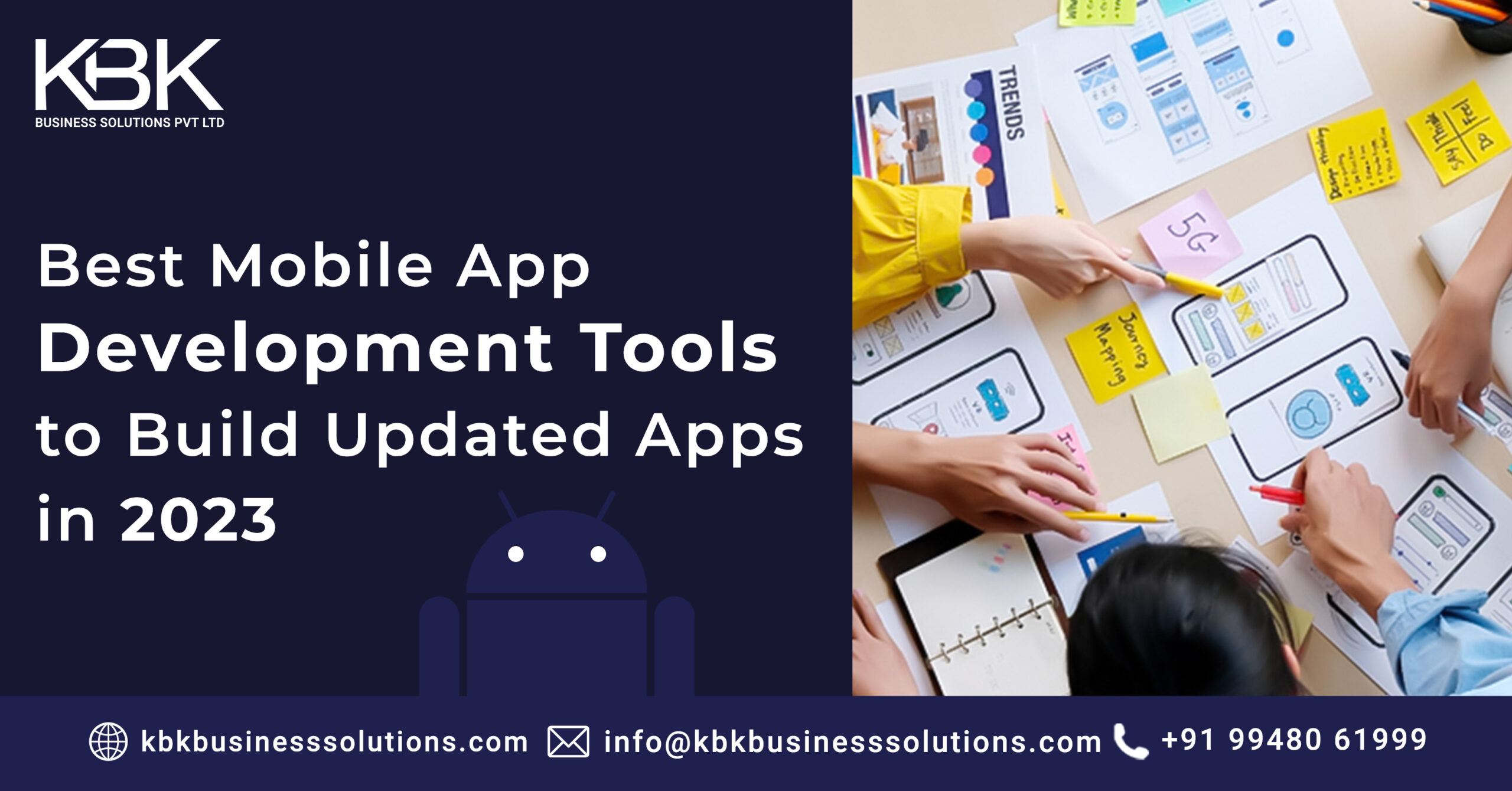Introduction
The world of mobile application development is constantly evolving with the emergence of new websites, languages, and tools. Keeping up with these changes can be difficult for developers trying to stay abreast of the latest technologies and trends in the industry, which is why it is important to have an updated understanding of app development tools that best suit a certain task or project. Here we will cover 6 best mobile app development tools in 2023 that can help you build updated apps from tools and high-quality applications that stand out from their competitors.
1. React Native
React Native is a dynamic JavaScript-based framework and one of the best mobile app development tools in 2023, that allows for simultaneous development for both iOS and Android. Plus, you don’t need to learn Java, Swift, or Obj-C properly to use it. With React Native, you can use one common codebase to build multi-platform apps.
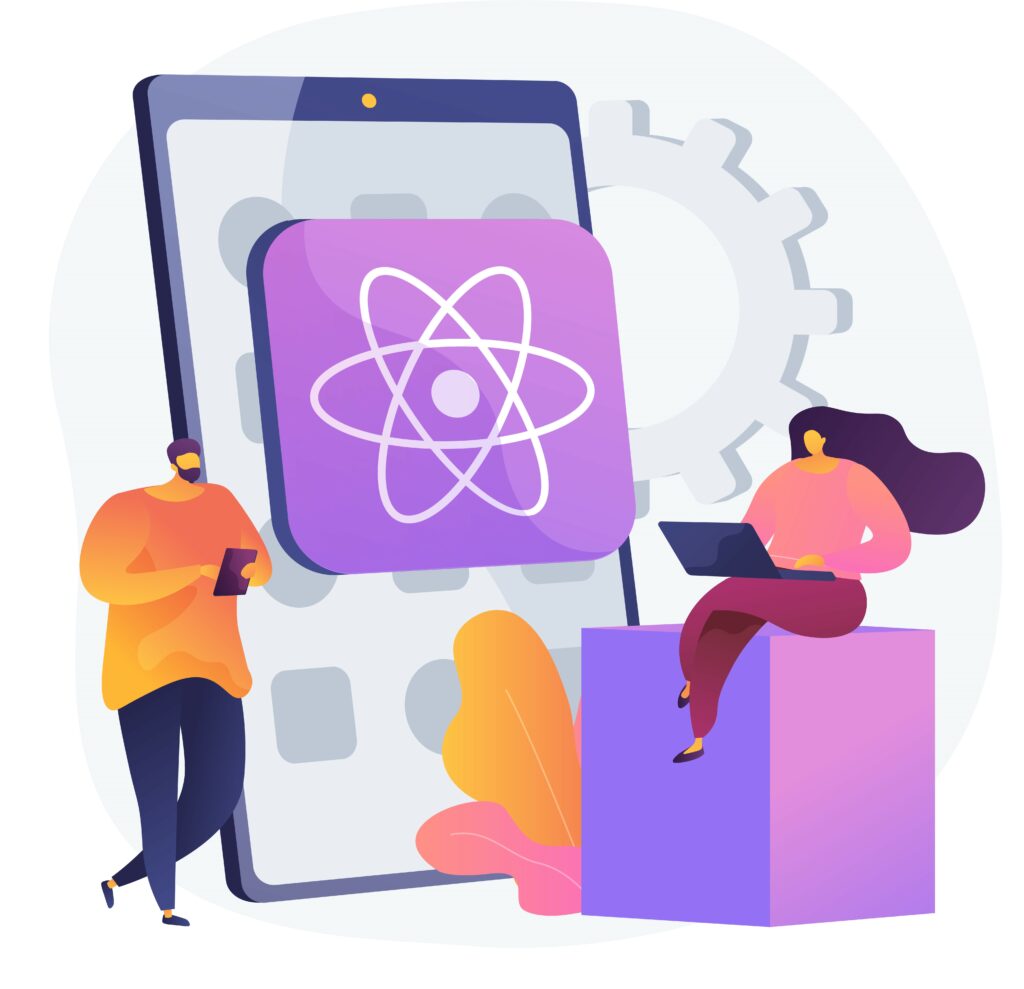
Developed by Facebook in 2015, React Native has quickly gained popularity and is now used by top companies like Uber.
Why prefer React Native?
- This React Native platform boasts a vibrant community of developers, including talented individuals from respected organizations like Facebook.
- With React Native, you can reuse your code, including state management, component logic, and React hooks, for both iOS and Android apps.
- This app development framework offers stellar third-party integration, supporting JavaScript and Native modules and libraries.
- The hot and live reloading functionality lets you make code changes in real-time.
2. Flutter
Flutter is an innovative and affordable SDK that saves time and money. Developed by Google from the Dart programming language, Flutter is an open-source SDK taking the app development world by storm. With its affordable pricing, fast development process, and vast features, Flutter isn’t just the go-to for big corporations. It’s also the perfect tool for startups, much like React Native. Flutter allows for simultaneous app development across both iOS and Android.
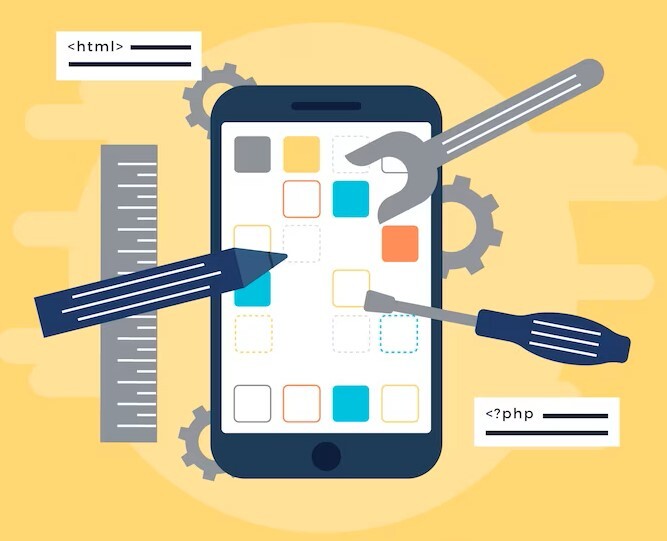
Why prefer Flutter?
- Flutter comes with a unique ‘Hot reload’ feature, and changes are rendered quickly so you can see instant UI updates.
- Flutter allows you to root out any bugs in the development cycle, ensuring your app is top-quality.
- Create complex widgets that meet your needs and leverage existing Swift, Java, and Objective-C codes to access native functionalities like location and camera.
- With back-end support from Google Firebase, you’ll have all the confidence you need to build a scalable app that can take on the toughest competition.
3. Ionic
Ionic – the open-source SDK that’s revolutionizing the creation of hybrid applications. With a foundation of CSS, HTML5, and SASS-like technologies, Ionic allows developers to easily build and deploy mobile apps. Ionic also simplifies delivering updates and new features to users, making app management a breeze.
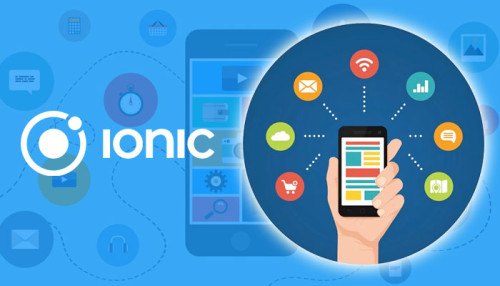
Why prefer Iconic?
- With Ionic, you can enjoy lightning-fast updates, seamless workflow automation, and easy native binary builds with just a few clicks.
- A central, shared dashboard brimming with industry-specific defaults.
- Pre-built workflows.
4. Sencha Ext JS
Sencha is a powerful platform that offers rapid app development tools specially designed for enterprise applications. It’s compatible with the latest iOS and Android versions and has an intuitive MVC framework. Sencha is the perfect choice for developers looking to create stunning cross-platform apps. With its easy-to-use touch controls and lightning-fast responsiveness, your users will love it too.
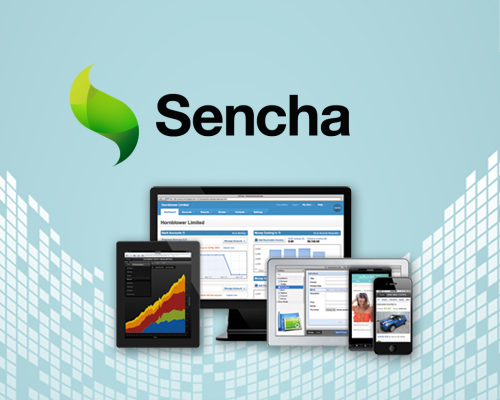
Why prefer Sencha Ext JS?
- Maximize your development capabilities with more than 115 fully supported widgets and components.
- It can easily be integrated into frameworks like Angular, FOSS, and beyond.
- Enjoy commercial support for menus, toolbars, and lists.
- All powered by one code paradigm to reduce dependency on libraries while seamlessly testing Ext JS along the way!
- An ever-growing community to give you strength.
5. Framework 7
Framework 7 is a perfect tool to make innovative app ideas a reality. This tool is suitable for quickly building lightning-fast iPhone and Android applications. This popular open-source mobile HTML framework boasts an impressive track record, having been a key player in numerous high-profile app development projects. With its user-friendly interface and top-tier support for iOS and Android platforms, achieving your app-building goals has never been easier.
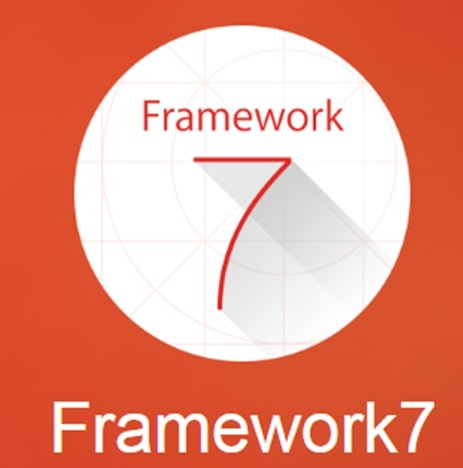
KBK Business solutions is one of the best mobile application development companies in Hyderabad. By choosing us, you can get a complete guide to help you build updated apps from tools.
Why prefer Framework 7?
- With its versatile HTML layout, dynamic CSS framework, and intuitive JS files, this platform offers more than just basic functionality.
- It’s all about the user experience, with iOS-specific touch interactions and visualizations that elevate the design.
- Custom styles can be easily integrated for those looking to add a touch of personalization.
- By partnering with vi, this platform offers an enhanced video ad experience that wows your audience.
- With support for iOS swipe-back actions, your users will never feel limited in their interactions.
6. Qt-Creator
Step up your coding game with Qt-Creator, a must-have cross-platform IDE packed with powerful tools for every coding task. From source code editing and visual debugging to testing and integrated GUI layout, Qt-Creator has covered you. Utilizing a blend of C++, JavaScript, and QML, Qt’s custom rendering engine approach reuses app logic and enhances the UI.
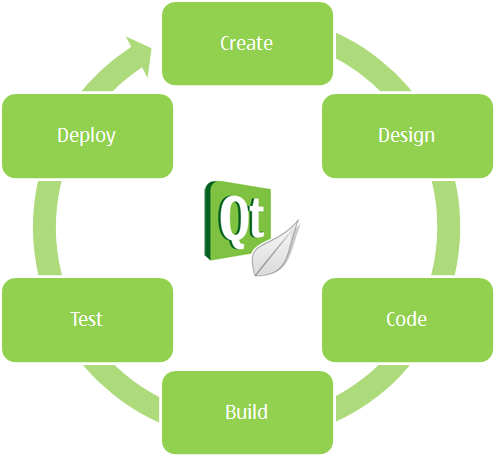
Why prefer Qt-Creator?
- Effortlessly integrate with external SDKs, like AWS and PayPal.
- The declarative syntax allows you to build complex user interfaces.
- The simple property binding approach simplifies making changes.
- Your app will stand out with a touch-based inputs, shader effects, controls, and animations.
- Powered by C++, developers can interact with native APIs, and the Qt Quick test framework speeds up testing.
Conclusion:
Building an app in 2023 could not be easier without the best mobile app development tools. All of these tools provide a wide range of features and flexibility to help your project reach completion quickly. It is important to consider the noted Mobile Application Development Companies in Hyderabad if you want to outsource to a professional team.
Finding the perfect tool for your project can easily help you deliver a high-quality product. Consider KBK Business solutions for all your mobile app development needs for reliable guidance and support throughout your project!
FAQ’s
1. What are the best mobile app development tools for building updated apps in 2023?
Mobile app development tools are crucial in creating innovative and updated apps for the digital landscape. Several top mobile app development tools in 2023, including React Native, Flutter, Ionic, Xamarin, and PhoneGap.
2. Which tool is best for building cross-platform apps?
Regarding building cross-platform apps, two major contenders are fighting for the crown: React Native and Flutter. Both tools allow you to create code seamlessly across multiple platforms, saving you valuable time and resources. The choice may not be easy, but whichever path you choose, you can rest assured you’re building powerful, versatile apps that will take your business to the next level.
3. Which tool is best for building native apps?
Xamarin is a powerful tool for building native applets. You write code in C# and easily share it across platforms. Say goodbye to the headaches of building separate versions for iOS and Android. With Xamarin, you can streamline the process and get your app to market faster than ever before.
4. How do React Native and Flutter differ?
React Native uses JavaScript, while Flutter uses Dart. Flutter offers a more customizable user interface, while React Native has a larger community and more available resources.
5. Are there any free mobile app development tools available?
Yes, there are several free mobile app development tools available, including Android Studio, Xcode, and Visual Studio Code. Some paid tools also offer free versions or trial periods.


